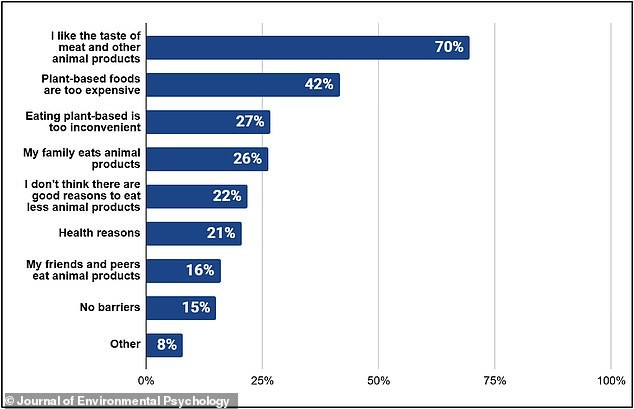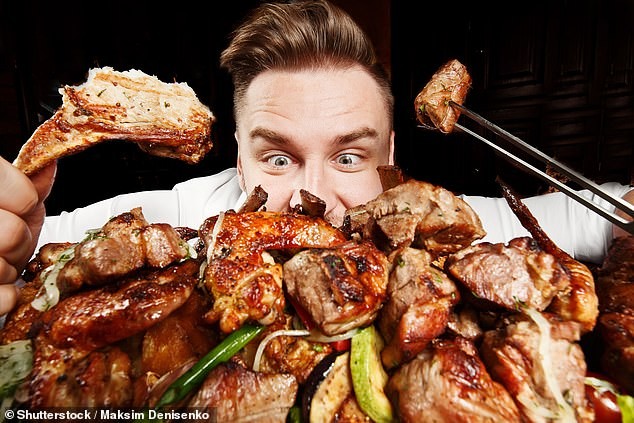Meat as a Manhood Test: Why men fear veganism and cling to red meat
Researchers at the University of Bath surveyed 1,072 British men to understand why they love meat. They found a clear link: men who align with traditional masculine norms eat more red meat and poultry and are less likely to embrace vegetarian or vegan diets. Meat is framed as masculine, while plant-based options are often viewed as unnatural or less 'manly'.

In This Article:
What the study found in detail
Researchers at the University of Bath surveyed 1,072 British men to understand why they love meat. They found a clear link: men who align with traditional masculine norms eat more red meat and poultry and are less likely to embrace vegetarian or vegan diets. Dr Annayah Prosser notes that there are many good reasons not to eat meat or dairy—health, environment, and moral concerns—but many men still eat meat, more than women, and are less likely to opt for vegetarian or vegan diets.

Voices from the discussions: mixed attitudes toward gender and meat
To understand why, researchers followed up with online discussions with men who had meat-heavy diets. More often than not, men were reluctant to talk about the role of gender in meat consumption, or completely rejected the notion that there was any link. Yet some admitted the link was explicit. “Maybe I feel a slight obligation to go down [the meat] route subconsciously,” one participant said. “I feel I need to have a steak here or need to have something that shows my masculinity. I feel safer behind choosing something like that rather than, say, a pasta or a salad–based dish.”

Plant-based meat seen as ‘unnatural’ by meat lovers
Meat-loving men often see plant-based meat and dairy alternatives as unnatural. One participant explained: “Chicken will just say chicken on the back, whereas a plant-based substitute to chicken would have something like glycolic acid or something. I have no idea what that is.” The idea that alternatives are strange or difficult to recognize contributes to resistance to plant-based options.

What it would take to ditch meat—and the health guidelines that shape our meals
Respondents offered a range of possibilities, from medical advice to changing social circles: “I would have to change my friends if I stopped eating meat.” Another added, “Basically, I have friends who are gym rats, who love to go to the gym together, who love to do strength training. So I would have to change my friends to people who are probably agriculturists—and have more interest in plants.” The researchers conclude that traditional masculine norms may act as barriers to adopting plant-based diets among men, particularly those who strongly identify with these norms. The NHS Eatwell Guide then shapes how everyone should eat: eat at least 5 portions of fruit and vegetables daily; base meals on potatoes, bread, rice, pasta or other wholegrain carbohydrates; aim for 30 grams of fibre a day; include dairy or dairy alternatives; include beans, pulses, fish, eggs, meat and other proteins (two portions of fish weekly, one oily); choose unsaturated oils and spreads in small amounts; drink 6–8 cups (glasses) of water daily; and keep salt intake under 6 g for women and under 30 g of saturated fat for men.


